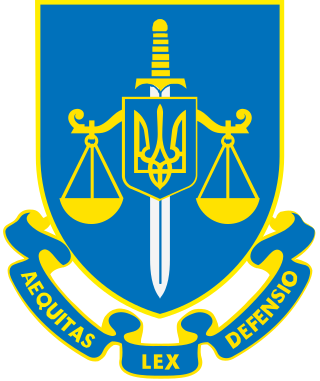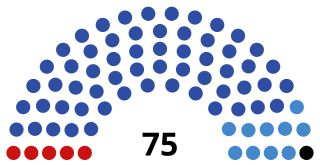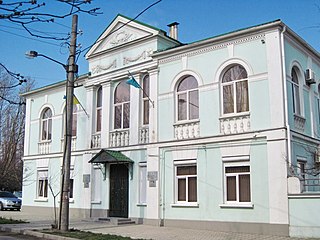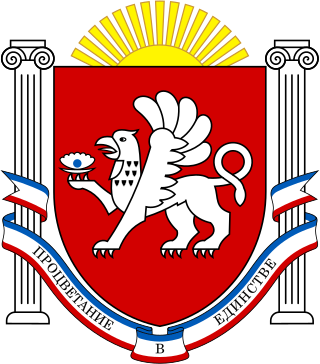Нивы и горы твои волшебны, Родина,
Солнце и море твои целебны, Родина.
Эту землю мы сохраним
И внукам оставим цветущий, как сад, Крым,
Цветущий, как сад, Крым!
Зори свободы тебя согрели, Родина,
Братья-народы тебя воспели, Родина.
Эту землю мы сохраним
И вместе, крымчане, прославим в веках Крым,
Прославим в веках Крым!
Славься, Крым! | Nivy i gory tvoi volshebny, Rodina,
Solntse i more tvoi tselebny, Rodina.
Etu zemlyu my sokhranim
I vnukam ostavim tsvetushchiy, kak sad, Krym,
Tsvetushchiy, kak sad, Krym!
Zori svobody tebya sogreli, Rodina,
Bratʹya-narody tebya vospeli, Rodina.
Etu zemlyu my sokhranim
I vmeste, krymchane, proslavim v vekakh Krym,
Proslavim v vekakh Krym!
Slavʹsya, Krym! | Ниви і гори твої чарівні, Батьківщино,
Сонце і море твої цілющі, Батьківщино.
Цю землю ми збережімо
І онукам залишімо квітучий, як сад, Крим,
Квітучий, як сад, Крим!
Зорі волі тебе зігріли, Батьківщино,
Брати-народи тебе оспівали, Батьківщино.
Цю землю ми збережімо
І разом, кримчани, прославімо в століттях Крим,
Прославімо в століттях Крим!
Слався, Криме! | Nyvy i hory tvoji čarivni, Baťkivščyno,
Sonce i more tvoji ciľušči, Baťkivščyno.
Ciu zemľu my zberežimo
I onukam zalyšimo kvitučý, jak sad, Krym,
Kvitučý, jak sad, Krym!
Zori voli tebe zihrily, Baťkivščyno,
Braty-narody tebe ospivaly, Baťkivščyno.
Ciu zemľu my zberežimo
I razom, krymčany, proslavimo v stolitťach Krym,
Proslavimo v stolitťach Krym!
Slavsia, Kryme! | Сенинъ тарлаларынъ ве дагъларынъ тюркюлидир, Ватан,
Сенинъ кюнешинъ ве денъизинъ шифалыдыр, Ватан.
Бу топракъны биз тутарыз
Ве торунларгъа джыярыз багъча киби чичек ачгъан Къырымы,
Багъча киби чичек ачгъан Къырымы!
Азатлыкъ тирлери сени иситты, Ватан,
Къардаш халкълар сени дедилер, Ватан.
Бу топракъны биз тутарыз
Ве бир йерде, къырымлылар, сени макътарыз юзйылларда, Къырым,
Макътарыз юзйылларда Къырымы!
Мешур ол, Къырым! | Thy magical fields and mountains, o Motherland,
Thy salubrious sun and sea, o Motherland.
This land we preserve
Shall leave to grandchildren blooming, like a garden, Crimea,
Blooming, like a garden, Crimea!
Thee dawns of freedom warmed, o Motherland,
Thee brother-peoples glorified, o Motherland.
This land we preserve
And together, Crimeans, we shall praise Crimea in centuries!
Praise Crimea in centuries!
Glory to Crimea! |
















